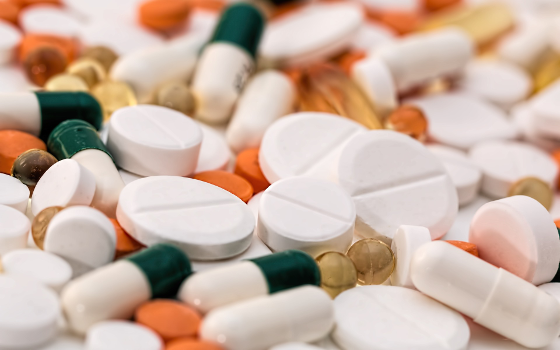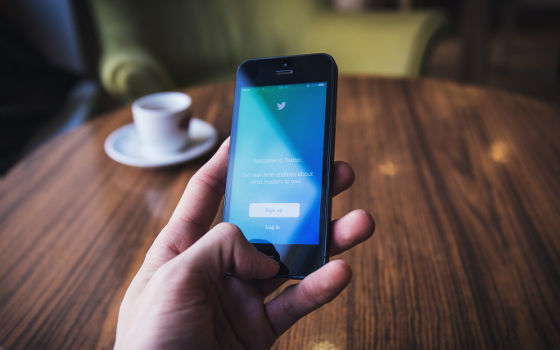Research News
Artificial Synapse for Neural Networks
Online Pharmacies Could Fuel Antibiotic Resistance

How many calories in that tweet?

Teach a Computer to Recognize AML
One Step Closer to Personalized Antibiotic Treatment
Hand-held Breath Monitor to Detect Flu
More eHealth News ...
Latest Business News
- Stepping Hill Hospital Announced as SPARK TSL Lighthouse
- AI in Healthcare: How do We Get from Hype to Reality, Safely and Effectively?
- Accelerating NHS Digital Maturity: Paper to Digital is Only the Beginning for South Tees Hospitals
- North Cumbria Integrated Care Signs 10-Year Contract with Alcidion for Miya Precision EPR Platform
- Sam Neville Joins the Highland Marketing Advisory Board
Latest Research News
- First Therapy Chatbot Trial Shows AI can Provide 'Gold-Standard' Care
- DeepSeek: The "Watson" to Doctors - from Assistance to Collaboration
- Who's to Blame When AI Makes a Medical Error?
- Research Shows AI Technology Improves Parkinson's Diagnoses
- AI Tool Helps Predict Who will Benefit from Focal Therapy for Prostate Cancer
Latest Conferences News
Latest Jobs
- Growth Manager Europe
- Healthcare Delivery / Implementation Manager (Germany)
- Full Professor of Ambient Assisted Living & Medical Assistance Systems
- (Senior) Project Lead Digital Transformation Consulting
- Global Product Manager - Digital Services for Healthcare
- Marcomms / PR Account / PR Account Manager - Healthcare & Technology
- ECG Data & AI Principal Scientist Director